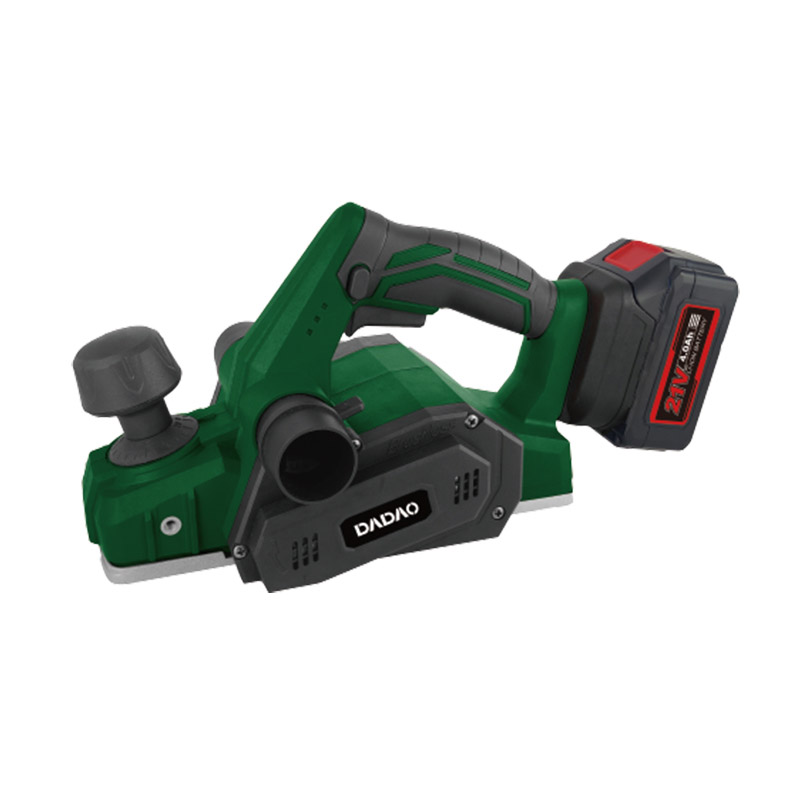 English
English-
 English
English -
 Español
Español -
 Português
Português -
 русский
русский -
 Français
Français -
 日本語
日本語 -
 Deutsch
Deutsch -
 tiếng Việt
tiếng Việt -
 Italiano
Italiano -
 Nederlands
Nederlands -
 ภาษาไทย
ภาษาไทย -
 Polski
Polski -
 한국어
한국어 -
 Svenska
Svenska -
 magyar
magyar -
 Malay
Malay -
 বাংলা ভাষার
বাংলা ভাষার -
 Dansk
Dansk -
 Suomi
Suomi -
 हिन्दी
हिन्दी -
 Pilipino
Pilipino -
 Türkçe
Türkçe -
 Gaeilge
Gaeilge -
 العربية
العربية -
 Indonesia
Indonesia -
 Norsk
Norsk -
 تمل
تمل -
 český
český -
 ελληνικά
ελληνικά -
 український
український -
 Javanese
Javanese -
 فارسی
فارسی -
 தமிழ்
தமிழ் -
 తెలుగు
తెలుగు -
 नेपाली
नेपाली -
 Burmese
Burmese -
 български
български -
 ລາວ
ລາວ -
 Latine
Latine -
 Қазақша
Қазақша -
 Euskal
Euskal -
 Azərbaycan
Azərbaycan -
 Slovenský jazyk
Slovenský jazyk -
 Македонски
Македонски -
 Lietuvos
Lietuvos -
 Eesti Keel
Eesti Keel -
 Română
Română -
 Slovenski
Slovenski -
 मराठी
मराठी -
 Srpski језик
Srpski језик
Cordless Wood Planer
Send Inquiry
DADAO® is Cordless Wood Planer manufacturer and supplier in China. We have many years of experience the production of pweer distribution blocks. DADAO® Cordless Wood Planer feature a comfortable and ergonomic design, making them easy to handle and operate. They are typically lightweight and compact, making them suitable for both professional woodworkers and DIY enthusiasts.
DADAO® Cordless Wood Planer Parameter (Specification)
|
Battery |
21V Max Li-ion |
|
Planing width |
82mm |
|
Planing depth |
1.5mm |
DADAO®Cordless Wood Planer Feature And Application
1. Portable and Lightweight: DADAO® Cordless Wood Planer are designed to be portable and lightweight, making them easy to carry and maneuver during woodworking tasks. This enhances user comfort and reduces fatigue during extended use.
2. Adjustable Cutting Depth: Cordless Wood Planer typically have a depth adjustment feature, allowing users to control the amount of material being removed. This enables precise shaping and leveling of wood surfaces according to project requirements.
3. Blade System: Cordless Wood Planers are equipped with sharp and durable blades that efficiently remove thin layers of wood with each pass. Some models feature interchangeable blades, giving users flexibility in achieving different cutting profiles.
4. Dust Collection System: Many Wood Planers come with a built-in dust collection system or a port for attaching a vacuum. This helps to minimize dust and debris accumulation during planing, improving visibility and maintaining a cleaner work environment.
5. Ergonomic Design: Cordless Wood Planers are designed with user comfort in mind. They often feature ergonomic handles and grips to reduce strain and fatigue during use. This makes them more comfortable to hold and maneuver throughout a project.
6. Safety Features: Cordless Wood Planer often have safety features such as lock-off switches or lock-on buttons to prevent accidental startups. Additionally, some models include an adjustable front shoe or kickstand to protect the blades and work surface when the planer is not in use.
DADAO® Cordless Wood Planer Details
The DADAO Cordless Wood Planers is typically used for tasks such as flattening boards, squaring edges, creating chamfers, and removing rough spots or mill marks on wood surfaces. It is commonly used in woodworking shops, construction sites, or by DIY enthusiasts working on home improvement projects.
DADAO Cordless Wood Planer offers a convenient and efficient solution for shaping and smoothing wood surfaces, making it a valuable tool for woodworking projects.
FAQ
Q: How does a Cordless Wood Planer differ from a corded planer?
A: DADAO Cordless Wood Planer operates on battery power without the need for a power cord, offering greater mobility and flexibility. This allows users to work in locations without access to power outlets and eliminates the hassle of managing cords during operation.
Q: What is the battery life of a Wood Planer?
A: The battery life of a Wood Planer can vary depending on factors such as the brand, model, and intensity of use. Most cordless planers come with rechargeable lithium-ion batteries and offer runtime ranging from 30 minutes to a few hours. It's important to check the manufacturer's specifications for the estimated battery life of a specific model.
Q: What types of materials can be used with a Wood Planer?
A: Wood Planers are typically designed for use on wood and similar materials. They are commonly used for removing excess material, surfacing and smoothing wood, trimming or shaping edges, and performing various woodworking tasks.
Q: How to use a Cordless Wood Planer safely?
A: When using a Wood Planer, it is important to follow proper safety precautions. This includes wearing appropriate safety goggles, ensuring good ventilation in the work area, maintaining a stable stance while operating the planer, avoiding contact with the blades, and securely clamping the material on the workbench or surface.
Q: What types of woodworking tasks can a Cordless Wood Planer be used for?
A: Cordless Wood Planers can be used for a variety of woodworking tasks such as surfacing uneven surfaces, repairing wood defects, adjusting the size of doors and windows, trimming and shaping joints, beveling edges, and creating special profiles. They are commonly used in home renovations, furniture making, woodworking projects, and other woodworking applications.














